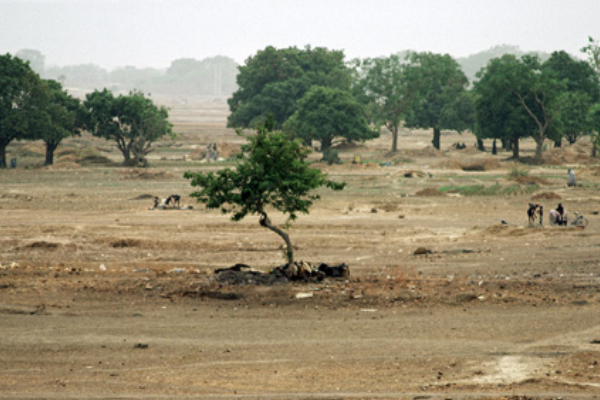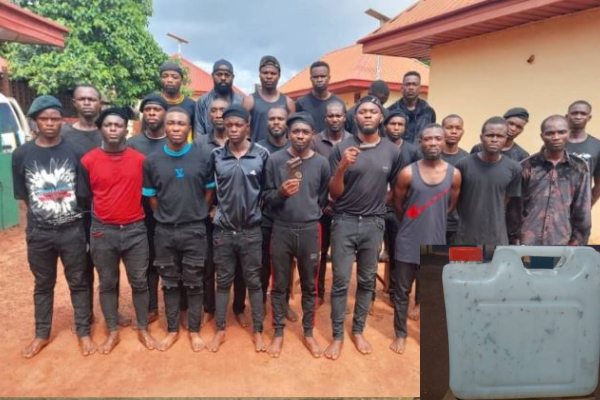The Federal Government has set a target of renovating approximately 22,000 km square of degraded land and improving the livelihoods of over 20 million Nigerians by 2030.
The Minister of Environment, Alhaji Mohammed Abdullahi, made the announcement in Abuja during a capacity building workshop on Opportunity Mapping for Improved Decision Making and Monitoring of Great Green Wall (GGW) Projects.
The program was organized by the National Agency for the Great Green Wall (NAGGW) in collaboration with the United Nations Environment Programme to improve international best practices for Ecosystem-Based Disaster Risk Reduction (ECO DRR) (UNEP).
According to the minister, the program focuses on the 11 states most affected by desertification, which account for approximately 35% of the country’s total land area.
He stated that the ongoing program includes ecological restoration and rehabilitation in order to improve the livelihoods of affected communities and strengthen their resilience to climate change.
He added that the goal of the program is to “boost agricultural production and improve the livelihoods of approximately 20 million people by 2030.”
The agency has established 389.46 kilometers of shelterbelt, 264.7 hectares of woodlots, and 250.5 hectares of community orchards, he said.
Dr. Yusuf Maina-Bukar, Director General of the Great Green Wall, said the agency’s goals include reducing the threat of desertification and land degradation, which are major threats to Nigeria’s drylands and the Sub Sahelian region of Africa.
He stated that the agency intends to combat land degradation and desertification effectively in order to protect and restore ecosystems, as well as to reduce poverty and improve food security.
He cited insecurity, vandalism of field investments, poor community participation, a lack of financial support from states, and weak institutional capacity at all levels as some of the agency’s challenges.














